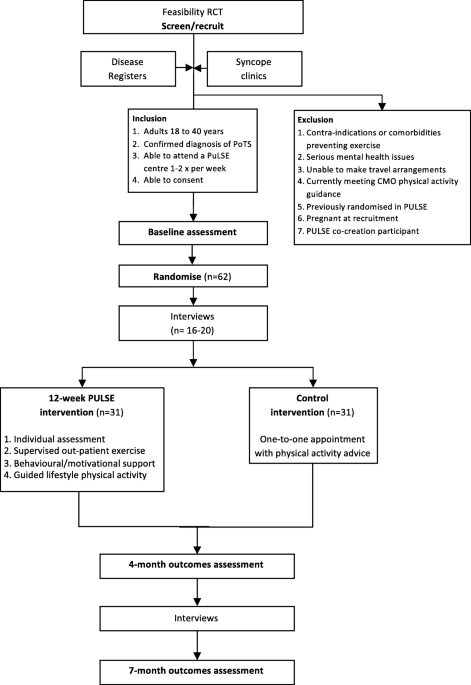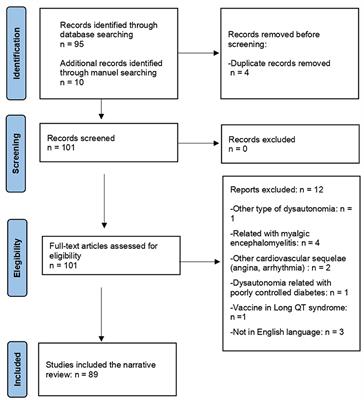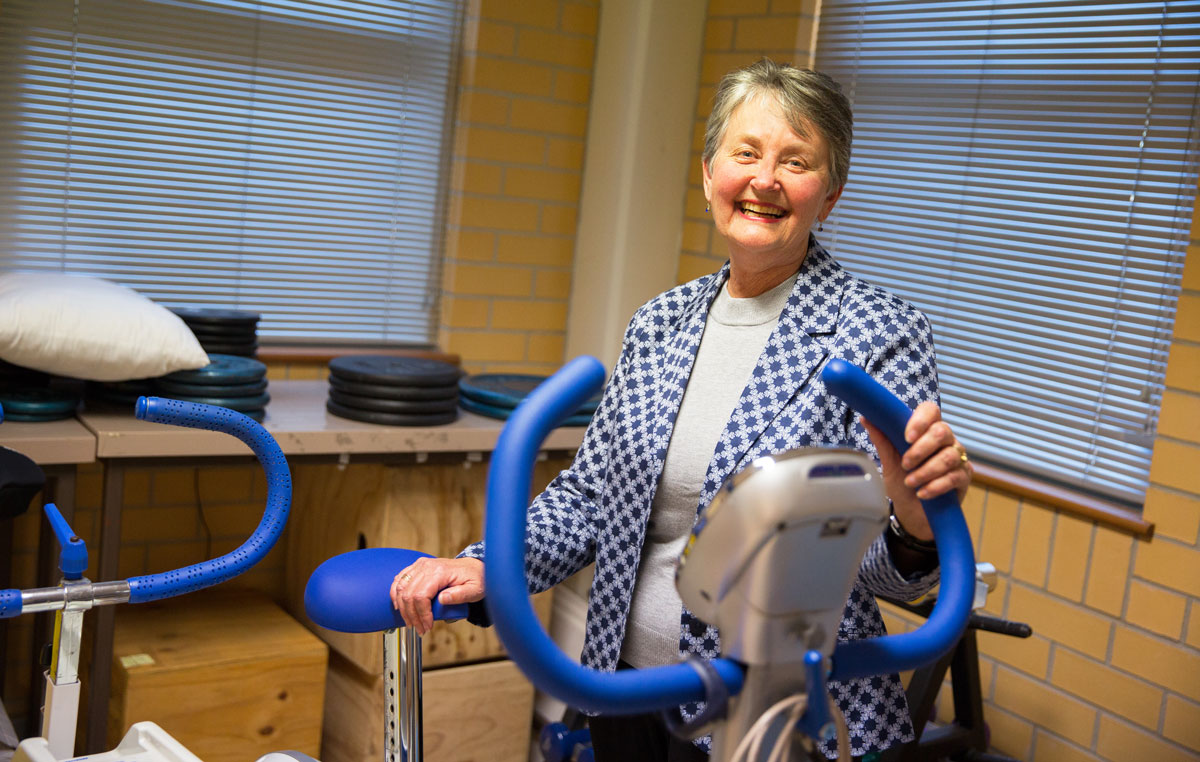Protocol for a randomised controlled feasibility trial of exercise rehabilitation for people with postural tachycardia syndrome: the PULSE study, Pilot and Feasibility Studies
4.5 (647) In stock

Background Postural orthostatic tachycardia syndrome (POTS) is an autonomic nervous system disorder causing an abnormal cardiovascular response to upright posture. It affects around 0.2% of the population, most commonly women aged 13 to 50 years. POTS can be debilitating; prolonged episodes of pre-syncope and fatigue can severely affect activities of daily living and health-related quality of life (HRQoL). Medical treatment is limited and not supported by randomised controlled trial (RCT) evidence. Lifestyle interventions are first-line treatment, including increased fluid and salt intake, compression tights and isometric counter-pressure manoeuvres to prevent fainting. Observational studies and small RCTs suggest exercise training may improve symptoms and HRQoL in POTS, but evidence quality is low. Methods Sixty-two people (aged 18–40 years) with a confirmed diagnosis of POTS will be invited to enrol on a feasibility RCT with embedded qualitative study. The primary outcome will be feasibility; process-related measures will include the number of people eligible, recruited, randomised and withdrawn, along with indicators of exercise programme adherence and acceptability. Secondary physiological, clinical and health-related outcomes including sub-maximal recumbent bike exercise test, active stand test and HRQoL will be measured at 4 and 7 months post-randomisation by researchers blinded to treatment allocation. The PostUraL tachycardia Syndrome Exercise (PULSE) intervention consists of (1) individual assessment; (2) 12-week, once to twice-weekly, supervised out-patient exercise training; (3) behavioural and motivational support; and (4) guided lifestyle physical activity. The control intervention will be best-practice usual care with a single 30-min, one-to-one practitioner appointment, and general advice on safe and effective physical activity. For the embedded qualitative study, participants (n = 10 intervention, n = 10 control) will be interviewed at baseline and 4 months post-randomisation to assess acceptability and the feasibility of progressing to a definitive trial. Discussion There is very little high-quality research investigating exercise rehabilitation for people with POTS. The PULSE study will be the first randomised trial to assess the feasibility of conducting a definitive multicentre RCT testing supervised exercise rehabilitation with behavioural and motivational support, compared to best-practice usual care, for people with POTS. Trial registration ISRCTN45323485 registered on 7 April 2020.

Full article: Remote administration of the short physical performance battery, the 1-minute sit to stand, and the Chester step test in post-COVID-19 patients after hospitalization: establishing inter-reliability and agreement with the face-to-face

Age-predicted maximal heart rate revisited Journal of the American College of Cardiology

Cardiac Rehabilitation, PDF, Myocardial Infarction

Protocol for a randomised controlled feasibility trial of exercise rehabilitation for people with postural tachycardia syndrome: the PULSE study, Pilot and Feasibility Studies

Improvements in Orthostatic Instability with Stand Locomotor Training in Individuals with Spinal Cord Injury

PDF) Protocol for a randomised controlled feasibility trial of exercise rehabilitation for people with postural tachycardia syndrome: the PULSE study

Listen to Circulation: Arrhythmia and Electrophysiology On the Beat podcast

Frontiers Postural orthostatic tachycardia syndrome and other related dysautonomic disorders after SARS-CoV-2 infection and after COVID-19 messenger RNA vaccination

Addressing Rehabilitation Health Care Disparities During the Coronavirus Disease-2019 Pandemic and Beyond - Physical Medicine and Rehabilitation Clinics

The Impact of Endurance Exercise Training on Left Ventricular Torsion

Emeritus Professor Robin Callister / Staff Profile / The University of Newcastle, Australia
POTS Treatment: Scientifically & Medically Proven • MyHeart
Summary of treatment options for POTS Non-pharmacological
Clinical Challenge: Unexplained Tachycardia in 24-Year-Old Woman
Article: Postural orthostatic tachycardia syndrome (POTS): a
 Exquisite A-Line Square Neck Satin Wedding Dresses with Belt – TANYA BRIDAL
Exquisite A-Line Square Neck Satin Wedding Dresses with Belt – TANYA BRIDAL Glamorise Full Figure Plus Size Front-Closure Smoothing Wonderwire
Glamorise Full Figure Plus Size Front-Closure Smoothing Wonderwire Wonder Nation Girls Underwear 10 Pack 100% Cotton Hipster Panties Size 16
Wonder Nation Girls Underwear 10 Pack 100% Cotton Hipster Panties Size 16 Boux Avenue Mollie Lace Plunge Bra
Boux Avenue Mollie Lace Plunge Bra Brasserie Blue-Banded Porcelain Dinnerware Collection + Place Setting
Brasserie Blue-Banded Porcelain Dinnerware Collection + Place Setting Fvwitlyh Wonderbra Underwear For Women Push Up Adjustable Bra Tube Top Anti Sagging Plus Size No Wire Full Cup Lift Underwear Black,M
Fvwitlyh Wonderbra Underwear For Women Push Up Adjustable Bra Tube Top Anti Sagging Plus Size No Wire Full Cup Lift Underwear Black,M